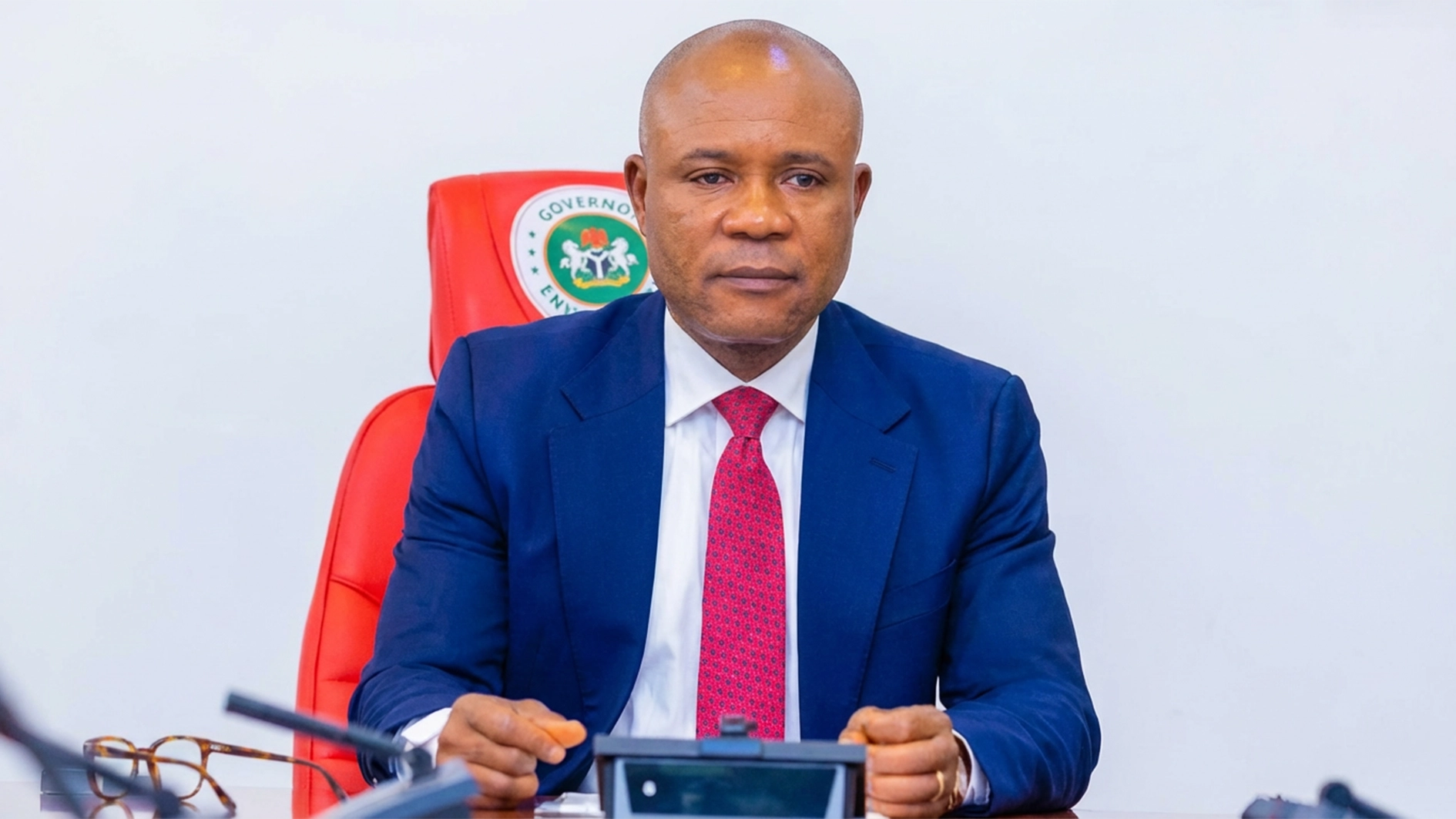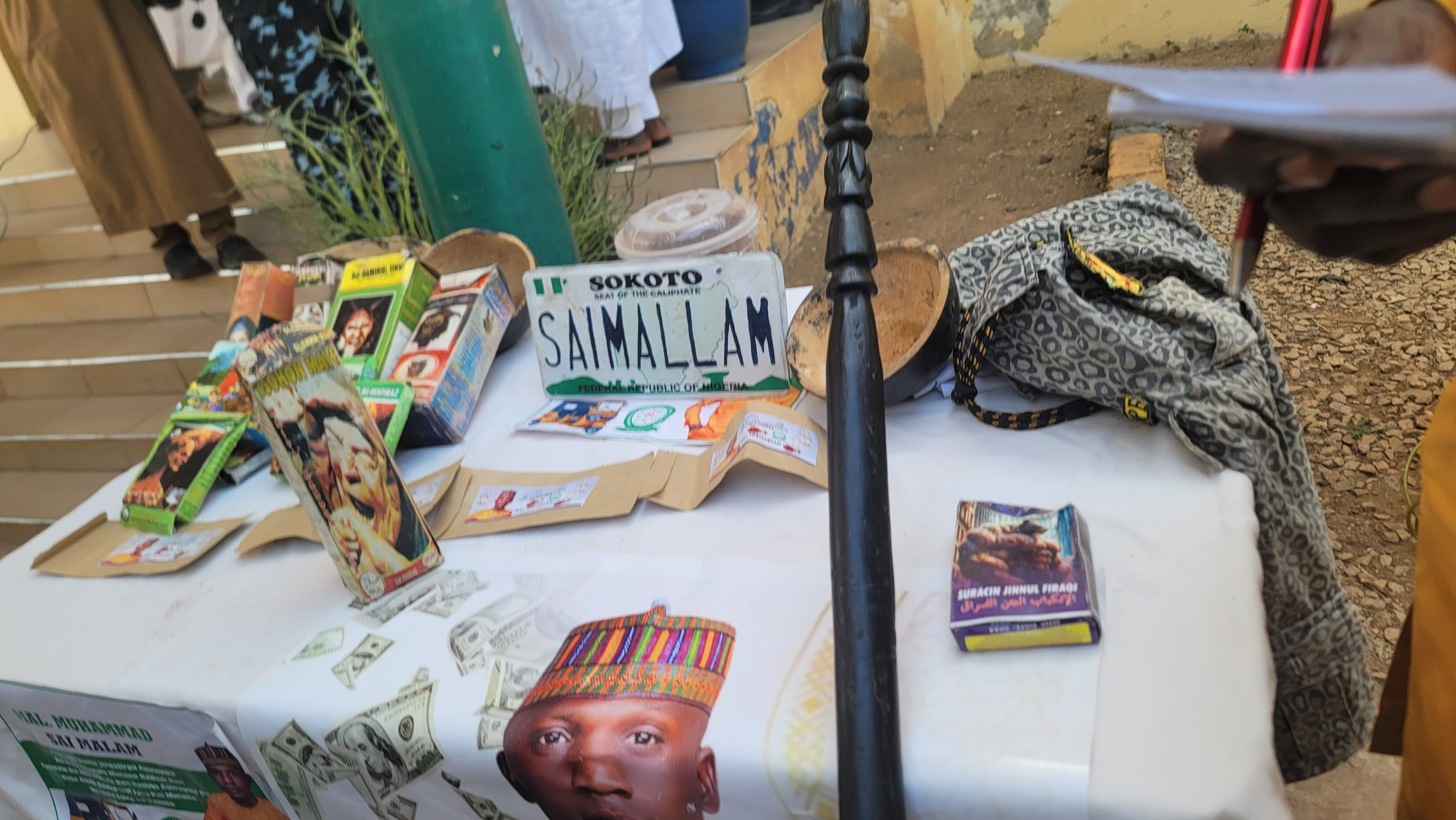The Lagos Waste Management Authority (LAWMA) has unveiled a new organic waste management initiative designed to cut methane emissions, boost recycling, and support the state’s climate action goals.
The initiative, launched in collaboration with Proganics Limited, was announced at a stakeholder forum on Friday, September 19, 2025, in Lagos. It specifically targets the growing challenge of organic waste across the state.
Managing Director/CEO of LAWMA, Dr Muyiwa Gbadegesin, disclosed that nearly half of the 13,000 tonnes of waste generated daily in Lagos, about 6,500 tonnes, was organic, posing a serious environmental risk. He said the initiative was a practical response to the governor’s COP28 pledge to cut methane emissions and strengthen Lagos’s role in the global fight against climate change.
Gbadegesin explained that LAWMA’s partner, Proganics Limited, had set up a 200-tonne-per-day organic waste facility that uses Black Soldier Fly (BSF) technology to convert food waste into animal feed and bio-fertilisers. He added that LAWMA was also rolling out smart waste solutions, including RFID-tagged green bins and IoT sensors, to monitor and evacuate organic waste from hotspots such as restaurants and event centres.
“This innovation will improve operational efficiency, reduce pests and odours, and help businesses lower their waste bills. There may also be financial rebates for organisations that comply with the sorting policy,” he said.
Head of Corporate Strategy at Proganics Limited, Mr Augustine Ogee, stressed the economic potential of the initiative, describing it as a step towards sustainable waste management and circular economy opportunities.
“This is more than waste collection; it’s about building value chains that support jobs, food security, and environmental protection. It’s a scalable model for cities across Nigeria,” Ogee said.
Dr Michael Bankole, Head of the Climate Change Department at the Lagos State Ministry of the Environment and Water Resources, said the project reflected the state’s broader climate vision.
“A clean city boosts public health, attracts investment, and improves quality of life.
“Organic waste is a resource, not a liability, which can drive recycling, energy generation, and food production,” he said.
He added that Lagos was working towards a systemic shift from landfilling to sustainable resource recovery, reinforcing that “waste is not wasted” in the emerging circular economy model.
In her goodwill message, Mrs Okwy Iroegbu-Chikezie, National Chairperson of the Property and Environmental Writers Association of Nigeria (PEWAN), commended LAWMA for innovations in Lagos’s waste management system.
She assured the support of the media in raising awareness and advocating for cleaner, healthier, and more sustainable urban environments across the state.
The forum, attended by stakeholders in hospitality, food and beverage industries, and academia, was the first in a series of engagements to be held across Lagos.






